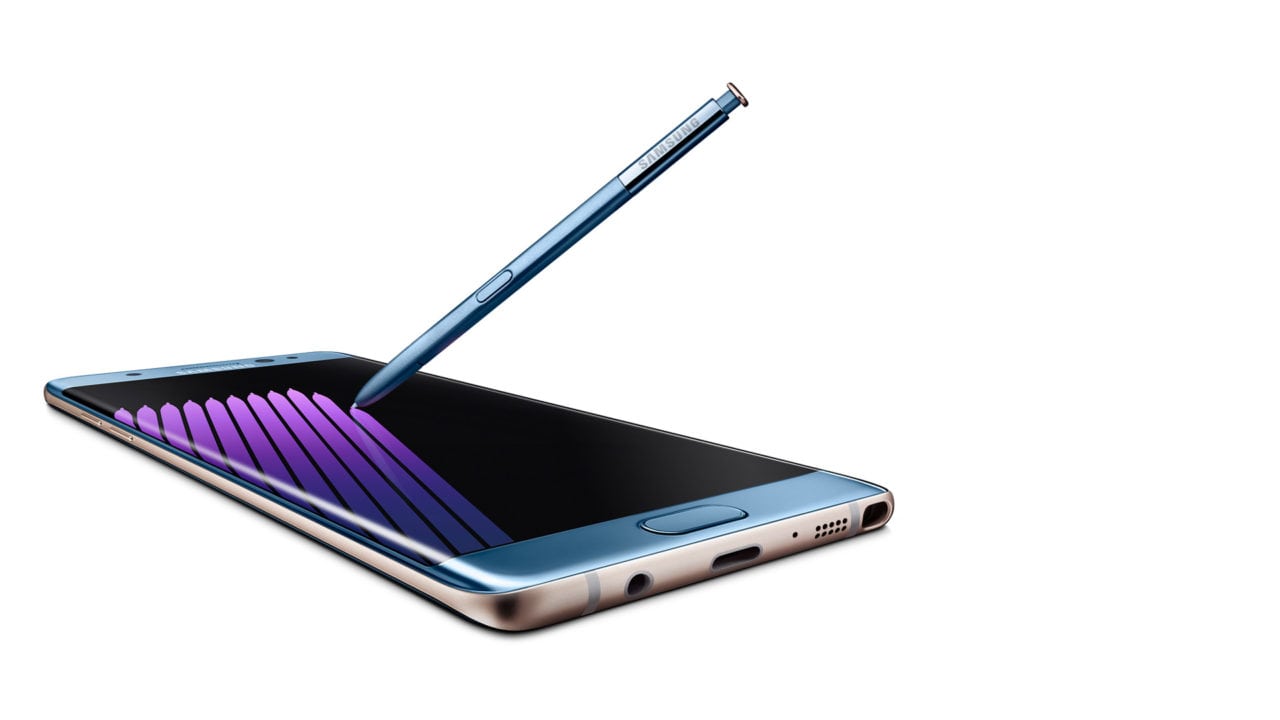 |
| Samsung Galaxy Note 7, recalled earlier this month. Photo: Samsung |
[Avionics Magazine 09-19-2016] Following a Consumer Product Safety Commission recall of the Samsung Galaxy Note 7, the FAA has issued general guidance to airlines about the rules for carrying recalled or defective lithium devices on board aircraft as cargo or in carry-on luggage. According to the FAA, the U.S. hazardous material regulations prohibit air cargo shipments of recalled or defective lithium batteries and lithium battery-powered devices, and passengers may not turn on or charge the devices when they carry them on board a plane. Passengers must also protect the devices from accidental activation, including disabling any features that may turn on the device, such as alarm clocks, and must not pack them in checked luggage.
The FAA issued the Safety Alert for Operators (SAFO) in conjunction with a Pipeline and Hazardous Materials Safety Administration safety advisory. The SAFO urges the airlines to ensure that cargo and passenger processing employees, and those responsible for cabin safety, are aware of the rules; to ensure that cargo customers are aware of the rules; and to include information and guidance on their websites about damaged or recalled lithium batteries and devices.
The SAFO also notes that the hazardous material regulations do not preclude an airline from proactively placing its own restrictions on carrying or using specific lithium battery products on board aircraft, prior to an official government recall or advisory.